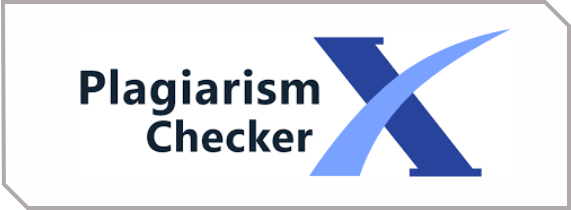Pengaruh Efikasi Diri Terhadap Keberhasilan Pembelajaran Berbasis Web di Era Digital
DOI:
https://doi.org/10.61132/sukacita.v2i1.488Keywords:
Self-Efficacy, Web-Based Learning, Digital EraAbstract
This study aims to examine the impact of self-efficacy on the success of web-based learning in the digital era. Self-efficacy, which refers to an individual's belief in their ability to overcome challenges, is believed to play a crucial role in achieving learning outcomes. In the rapidly evolving digital era, web-based learning has become an effective method for delivering materials flexibly and interactively. This research uses a quantitative approach with a survey method involving students from various universities. The results show that self-efficacy has a significant impact on the success of web-based learning. Students with higher self-efficacy tend to be more successful in completing tasks and understanding the learning material delivered through online platforms. This study recommends the importance of developing students' self-efficacy to enhance the effectiveness of web-based learning, especially in the context of education in the digital era.
References
Artino, A. R. (2012). Academic self-efficacy: From educational theory to instructional practice. Perspectives on Medical Education, 1(2), 76-85.
Bandura, A. (1997). Self-efficacy: The exercise of control. New York: W.H. Freeman and Company.
Hodges, C. B. (2008). Self-efficacy, motivational email, and achievement in an asynchronous math course. Journal of Computers in Mathematics and Science Teaching, 27(3), 265-285.
Liaw, S. S., & Huang, H. M. (2013). Perceived satisfaction, perceived usefulness and interactive learning environments as predictors to self-regulation in e-learning environments. Computers & Education, 60(1), 14-24.
Pajares, F. (2002). Overview of social cognitive theory and of self-efficacy. Retrieved from http://www.emory.edu/EDUCATION/mfp/eff.html
Radovan, M., & Makovec, D. (2015). Relations between students' motivation, and perceptions of the learning environment. Journal of Educational and Social Research, 5(1), 191-200.
Schunk, D. H., & Pajares, F. (2009). The development of academic self-efficacy. In Wentzel, K. R., & Wigfield, A. (Eds.), Handbook of Motivation at School (pp. 35-54). New York: Routledge.
Tsai, M. J., & Tsai, C. C. (2003). Student computer achievement, attitude, and anxiety: The role of learning strategies. Journal of Educational Computing Research, 28(1), 47-61.
Wang, S., & Lin, S. S. J. (2007). The effects of group composition of self-efficacy and collective efficacy on computer-supported collaborative learning. Computers in Human Behavior, 23(5), 2256-2268.
Zimmerman, B. J., & Schunk, D. H. (Eds.). (2001). Self-regulated learning and academic achievement: Theoretical perspectives. Lawrence Erlbaum Associates.
















